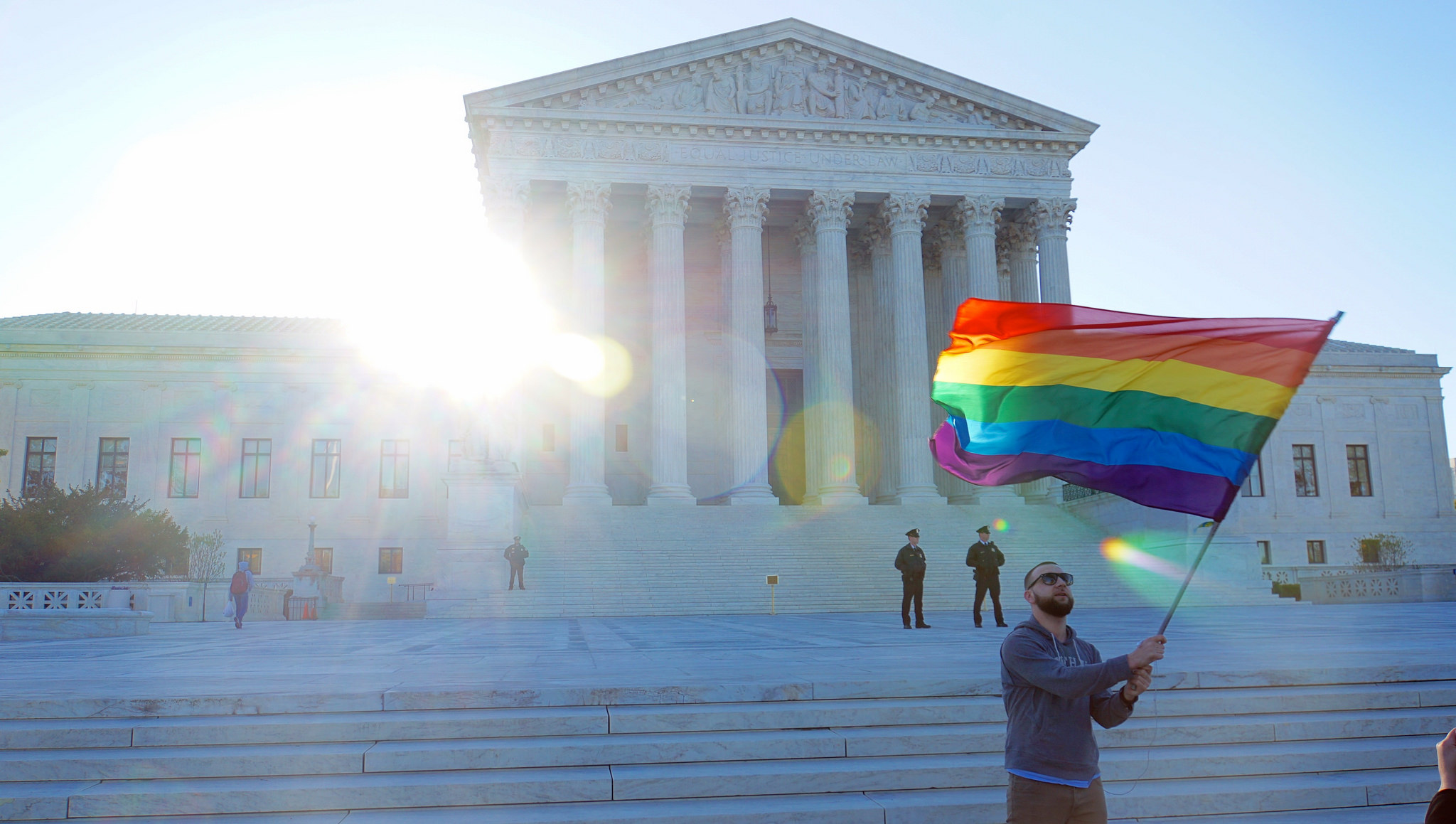With its decision in Obergefell v. Hodges, the United States Supreme Court ruled that all states are required to issue marriage licenses to same-sex couples and to recognize same-sex marriages validly performed in other jurisdictions. While the Supreme Court provided clarity on the issue of same-sex marriage, practitioners and same-sex couples are now facing new legal questions in the areas of divorce and child custody.
Virginia Same-Sex Divorce Concerns:
- At first blush, it would appear that the divorce of same-sex couples would not raise any novel legal issues. However, an interesting question on a seemingly simple point, “what is the date of marriage,” could have large impacts in Virginia divorce litigation. For couples married after the Obergefell decision, the date of marriage will be easy to determine, but, what about couples married before the decision?
- For example, take a same-sex couple married in Maryland in 2013 and now divorcing in Virginia. Would a Virginia Court consider the date of marriage to be the date in 2013 (a time when Virginia did not recognize same-sex marriage), the date in July 2014 when the Federal District Court for the Eastern District of Virginia ruled Virginia’s ban on same-sex marriage unconstitutional, the date in August 2014 when the Fourth Circuit Court of Appeals upheld this decision, the date in October 2014 when the Supreme Court of the United States denied certiorari for the appeal, or some other date entirely?
- While the issue of date of marriage may seem rather insignificant when contemplating divorce, the decision on this question can have a large impact. Moving the date of marriage will shorten, or extend, the overall duration of the marriage, a factor that courts are required to consider when determining spousal support (see Virginia Code 20-107.1) and ruling on property distribution (see Virginia Code 20-107.3).
- More importantly, a later date of marriage can greatly affect the classification of property as "marital", "separate", or "part-marital"/"hybrid" property. Because property acquired by a party prior to the marriage is generally separate property and not subject to distribution by a Court, while property purchased during the marriage is generally marital property, a shifting of the date of marriage could result in a substantial shift of property from marital property to separate property of one party. For additional information on this point, please review our recent post about property and debt classification in a Divorce: Virginia Divorce: What Assets and Debts are Divided?
Virginia Same-Sex Child Custody and Visitation Concerns:
- Issues may also arise in the areas of child custody and visitation and parental rights. Parental rights, and the custody and visitation rights that go along with them, are generally granted to legal parents, either biological or adoptive. For same-sex couples, it is often the case that at least one partner will not be deemed a "biological" parent to the child. It will be interesting to see the evolution of this issue as Courts begin to interpret the statutory language and subsequent court opinions in Virginia.
- The best way to avoid the above issues regarding custody and parental rights in Virginia may be through a “step-parent adoption” pursuant to Virginia Code 63.2-1241. Such adoptions may often be completed with the consent of the birth parent who acted as a surrogate or sperm donor, by a showing that the identity of the sperm donor is not reasonably ascertainable, or through litigation showing that the consent of the other birth parent is being withheld contrary to the best interest of the child.
- See also Virginia Code 20-158.
If you are faced with a legal issue involving same-sex marriage, it is as important as ever to have an attorney on your side as you navigate the new legal issues. The experienced Divorce and Family Law Attorneys at BoykoNapier are here to help. For questions about your case, call (804) 658-3418, or contact us via email.

